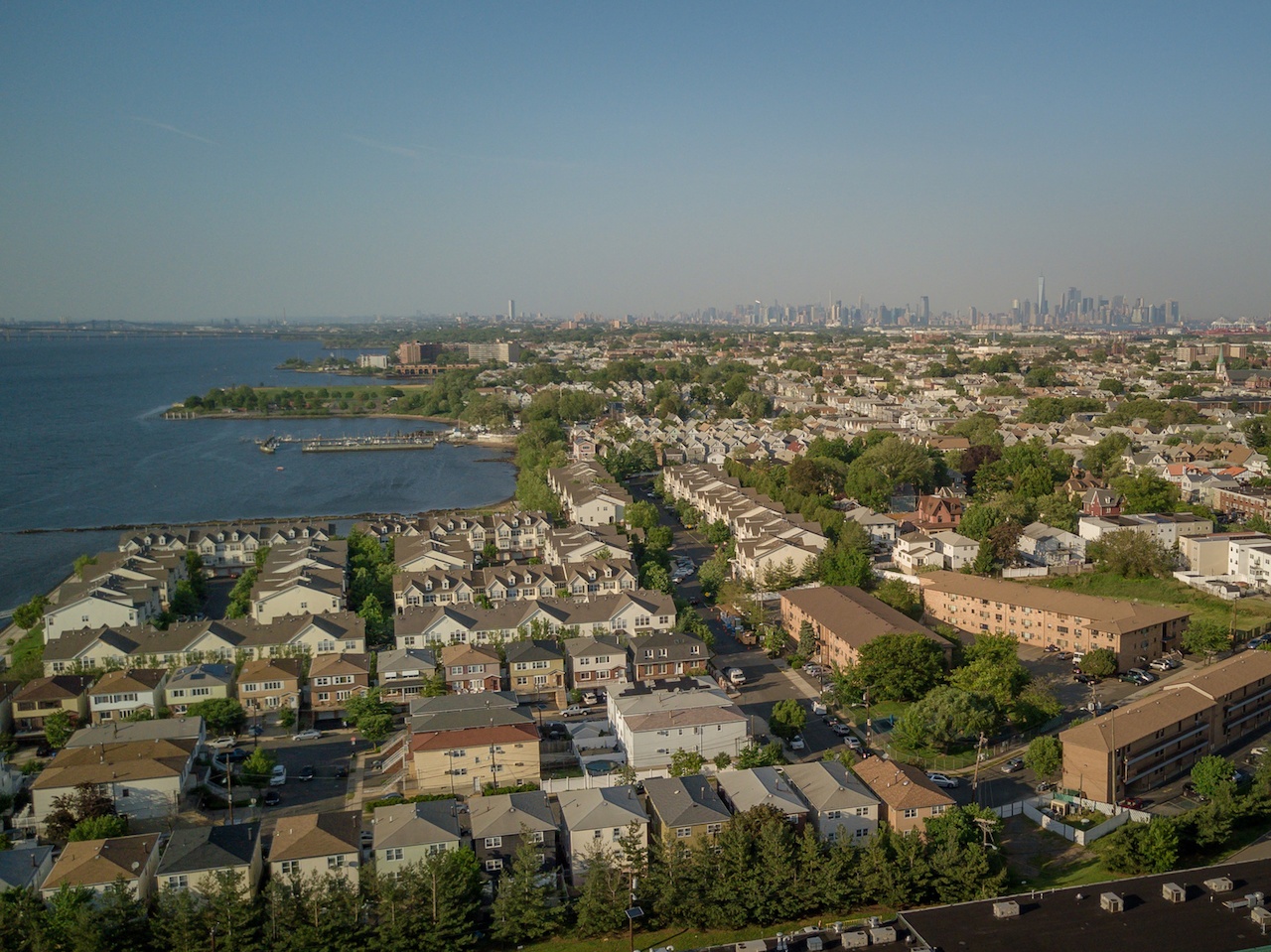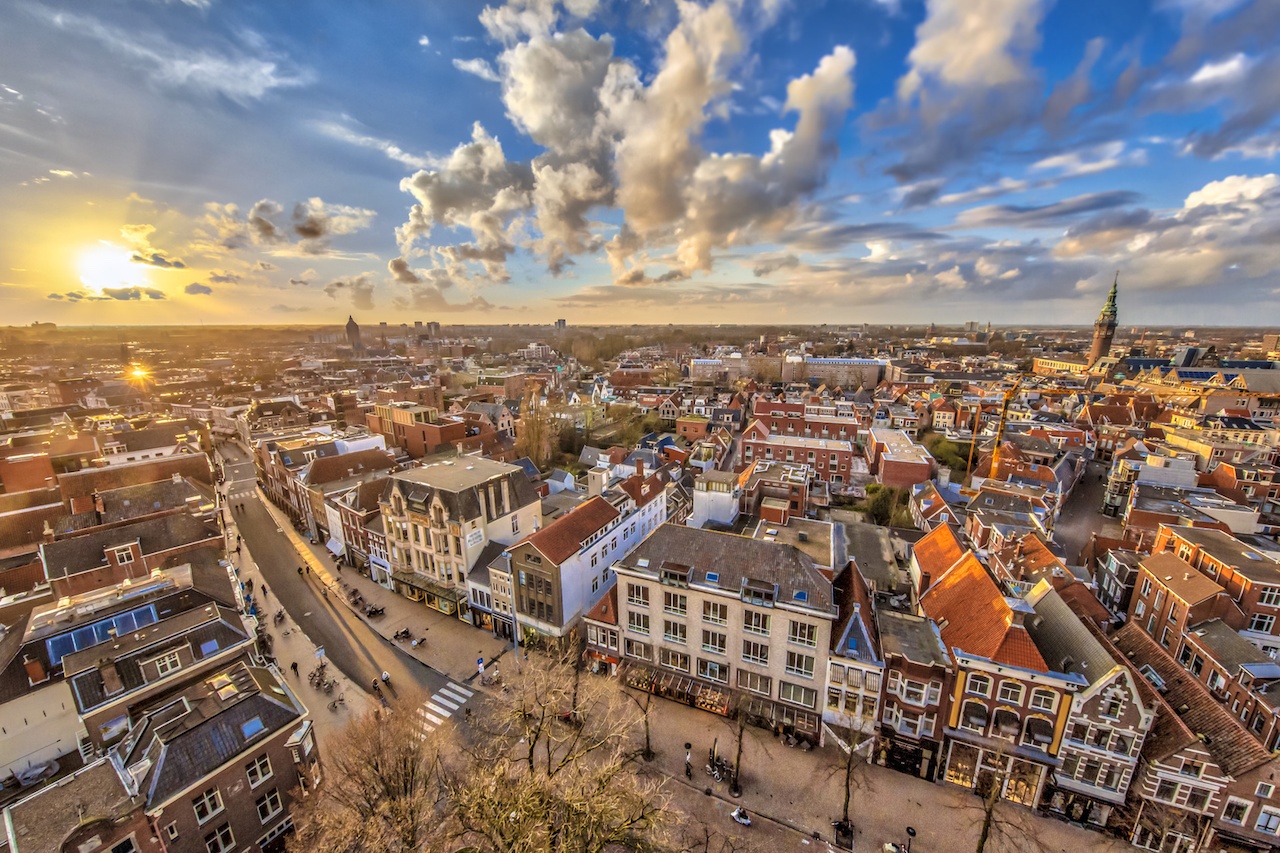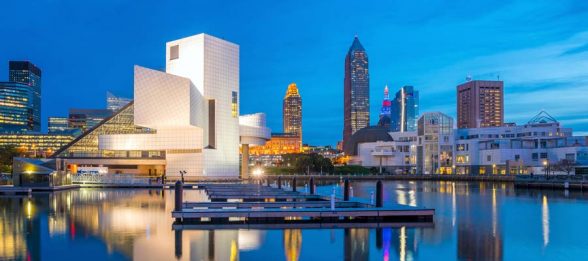Society
A broad category of content focused on societal issues in cities.
Examples: health, community, social equity, education, arts & culture, and homelessness.
The New Commons
Mark Twain once advised, “Buy land, they’re not making it anymore.” In many low-income city neighborhoods, that may seem impossible. The land’s been consumed; built on, paved over, or contaminated, and none is left at any price for parks or other greenspace. But many communities are proving Twain wrong by reclaiming their landscapes and, in effect, making new land.
Take Yonkers, New York, for example. Or Lawrence, Massachusetts, or Richmond, California. All are mid-sized cities where, after industry and jobs departed, black and brown people ended up being concentrated in park-poor – sometimes park-free – environments. Now these are all places where, through community-driven efforts, abandoned rail rights of way are being transformed into green community corridors.
Basque Transformational Narratives
Since the end of the Spanish dictatorship, self-government has been a key driver of the socio-economic transformation of Basque society. A democratically-elected local Parliament and government administration took control over health, education, security, and economic planning; and local governing bodies were re-established with the capacity to collect and allocate taxes. The strategies and projects promoted by these self-governing institutions helped to design and implement a model of sustainable human development, rooted in economic growth and social cohesion. The Basque case presents a unique case of systemic transformation under extreme circumstances.
City Parks and Homelessness
Keri Bales spent over 25 years on the streets of Los Angeles. Her entire world — a tent, some belongings and her dog, Luckybutt — could be found in a small, hidden-away area nestled between the train tracks and a city park. It took 25 years before an advocate stopped by to have a real conversation with her, which culminated in her finally being connected with the resources she needed to find permanent housing. Park and recreation agencies are often on the front lines of combatting homelessness issues. While many agencies and their employees want to help homeless park users like Keri, there is a demonstrable challenge in addressing homelessness with compassion while staying aligned with our park and recreation mission. We came to Los Angeles, which is home to recent ballot measures that will fund affordable housing and homelessness services, to learn how their city is working on all fronts, including in parks and recreation, to end homelessness.
On Benjamin Barber: Cities, democracy, and global governance
The passing last month of visionary thinker Dr. Benjamin Barber occurred during a difficult stretch for democracy, the topic that animated Barber the most during his long career. A passionate advocate for democracy, Barber devoted his life to empowering citizens for democratic self-governance.
Barber’s contributions will be missed all the greater because he was more than a fascinating theorist; he put his ideas into practice, as the charismatic driving force behind the Global Parliament of Mayors (GPM). Launched in the Netherlands last September, GPM realizes Barber’s thinking: if cities are bastions of democracy, then cities need to become a more organized force at the global level. GPM advances this cause by giving cities as diverse as Athens, Buenos Aires, Oklahoma City, Rabat, and Seoul a platform on which their leaders can more easily connect, find practical solutions to common problems, and turn their collective ambition into independent action on the world stage.
5 Ways Akron is Redefining Entrepreneurship
Akron, Ohio, like many legacy cities, experienced a rougher-than-average blow with the economic downturn. But with the help of a new generation of entrepreneurs, the city is also rebounding at a stronger rate than some of its neighbors. Here’s a look into what makes...A Book Review of New York: 2140 A Novel
Up in floating cloud villages is where many of the world’s inhabitants live after coastlines are submerged under 58 feet of water. This is a book about the future written with the benefit of hindsight. We can predict, with a high degree of certainty, that: melting ice from Greenland and Antarctica, the warming oceans, and subsiding coastlines, will all contribute to rising sea levels. There is an inevitability to sea level rise that is palpable today. This is no ordinary work of fiction, but rather a novel set within an accurate scientific forecast. In 2140, Stanley Robinson does what a generation of environmental advocacy has failed to do: make climate change personal.












